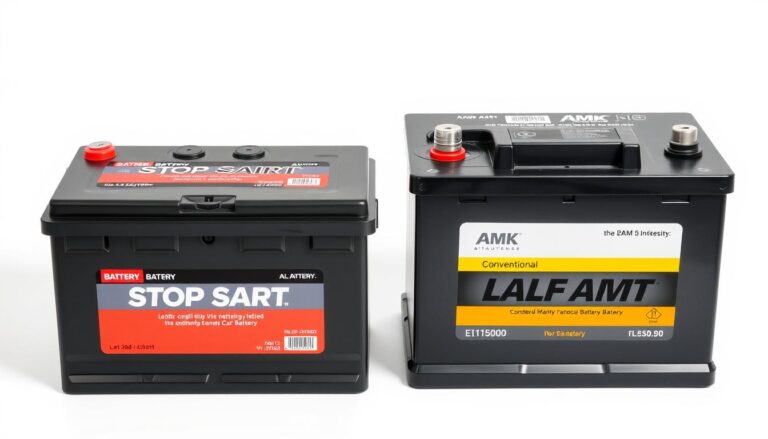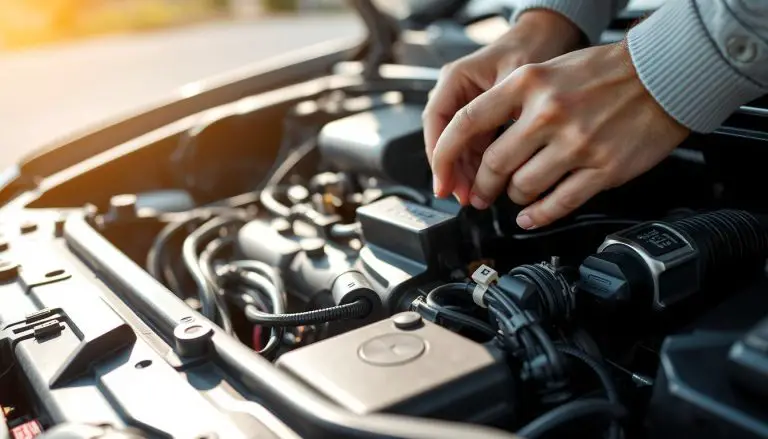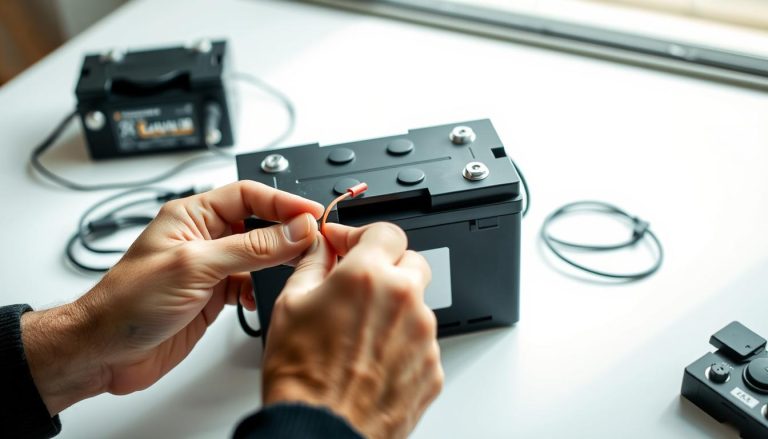Tire rubbing can occur when the tires come in contact with the wheel well or other components, resulting in a noticeable friction or rubbing sound. While some individuals may ignore the issue or consider it a minor inconvenience, it’s important to understand the potential risks and dangers associated with excessive tire rub.
Understanding Tire Rub
Tire rub typically happens when the tires are larger than the wheel wells or when the wheels have an aggressive offset. This can occur when turning, going over bumps, or during suspension compression. While some enthusiasts may view mild tire rub as a trade-off for larger wheels and improved performance, it’s crucial to recognize when tire rub becomes a cause for concern.
Is It Okay for Tires to Rub a Little?
While mild tire rub at low speeds may not immediately damage the tires or the vehicle, it’s essential to address the underlying causes and potential risks. Neglecting tire rub can lead to issues such as wheel well liner damage, worn-out tires, compromised vehicle stability, and safety hazards on the road.
Identifying The Causes Of Tire Rub
Several factors can contribute to tire rub, including:
- Increased tire size
- Aggressive wheel offset
- Lowered suspension
- Improper wheel alignment
- Worn suspension components
Understanding these factors can help drivers assess and address the issue of tire rub effectively.
Effects of Tire Rub
Excessive tire rub can result in various negative consequences, including:
- Accelerated tire wear
- Damage to wheel well liners
- Compromised vehicle handling and stability
- Increased risk of tire blowouts
Addressing tire rub in a timely manner is crucial to prevent these issues and maintain the safety and performance of the vehicle.
Preventing and Resolving Tire Rub
To prevent or resolve tire rub, drivers can take several measures, such as:
- Regularly checking and adjusting wheel alignment
- Maintaining proper tire pressure
- Inspecting and replacing worn suspension components
- Adjusting wheel offset or upgrading to suitable wheels
- Seeking professional assistance for diagnosis and repair
These proactive steps can help mitigate the risk of tire rub and ensure the longevity of the vehicle’s tires and components.
Frequently Asked Questions On How Much Tire Rub Is Too Much
Is It Ok For Tires To Rub A Little?
Yes, it is NOT okay for tires to rub a little as it can lead to potential damage to the tires and vehicle components. Regularly check for rubbing and address any issues promptly to prevent further damage. Seeking professional help may be necessary.
Is It Bad To Rub Your Tires On The Curb?
Rubbing your tires on the curb can cause damage to the sidewalls, affecting their performance. It’s best to avoid it to prevent potential tire and wheel well liner damage. Regularly inspecting alignment and pressure can help prevent unnecessary rubbing. Seek professional help for any underlying issues to avoid damage.
Will Wheel Spacers Stop Tire Rubbing?
Yes, wheel spacers can prevent tire rubbing by pulling the tires farther away from the wheel well, reducing contact with fender flares and suspension components. This can help eliminate rubbing when making turns or going over bumps. Regularly checking wheel alignment, tire pressure, and inspecting suspension components can also prevent tire rubbing.
How Do You Prevent Tire Rub?
To prevent tire rub, regularly check wheel alignment, tire pressure, and suspension components. Seek professional help for diagnosis and repairs if needed.
Conclusion
While some level of tire rub may be tolerated by enthusiasts aiming for specific performance or aesthetic goals, it’s important to distinguish between acceptable and problematic tire rub. Understanding the causes, effects, and preventive measures regarding tire rub can help drivers make informed decisions and safeguard their vehicles and tires from potential damage. By addressing tire rub proactively and seeking professional assistance when necessary, drivers can maintain the safety, performance, and longevity of their vehicles.


